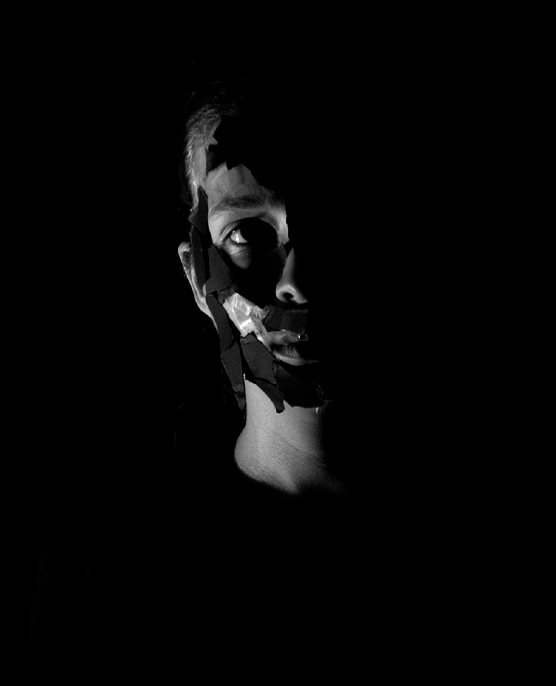By Giovanna Veiga
I’m seven years old and my family plants a Bradford pear tree in our front yard, as tall and skinny as I am and barely sporting any leaves. In the winter, its branches resemble scraggly bare bones, naked of leaves and a phantom of its full potential. In the summer, however, it puffs its dense green chest of leaves and blocks most of the view of the house, along with sunlight for half the grass on the lawn. In the moonlight, its arms cast sinister shadows against the wall of the room I share with my sister and has us ducking under the covers. In the daytime, we climb those branches and race each other to the top.
“Smile!” my mom exclaims as my sister and I stand in the shade of the tree like we do every year, new backpacks strapped on and nervous excitement twisting our expressions. It’s my first day of middle school, but the hot Texas sun beats down on us as we pose. My mom finally puts the camera down and plants kisses on each of our cheeks. “Be good, princesas.” she says, embracing us one last time before ushering us off toward the yellow monstrosity squeaking to a stop in front of our house. The branches of the tree rustles in the breeze, and I pretend it’s waving us goodbye.
There’s a storm one night. The wind outside is audible as the rain and debris battering against the windows, the walls creaking against its insatiable force. In the distance, the nasally blaring of tornado sirens play on loop, warning us to take shelter.
I wake up the next morning to my mom’s scream. I run outside barefoot to see the Bradford pear tree that we planted ten years ago lying across the front yard, ripped apart by the wind, creating a gigantic barricade of vegetation blocking the front door. My mom prays with gratitude that it didn’t fall on the car or the house, but I can only stare at the carcass in disbelief.
Afterwards, my dad and some neighbors painstakingly dismember the massive leafy body and stuff its limbs into opaque, black garbage bags that line the curb. I try not to watch the massacre whenever I pass by, the sight always leaving a pit in my stomach.
After school one day the yard is finally clean of tree bits, but I notice a stump of light-grey wood jutting up from the lawn, its jagged raw edge reaching like fingers towards the sky. It’s the remnants of the tree my dad never finds time to uproot.
“You still haven’t pulled that stump out?” I joke from the passenger seat, my first Christmas home from college.
“Do you want to do it?” he argues back.
The following summer, my parents decide to move us into a smaller house thirty minutes closer to Fort Worth. I didn’t have a say in the matter, so I didn’t say anything at all.
I’m unpacking the boxes in my new room when my mom sticks her head in the door.
“Can you grab something from the Singels?” she asks, referring to our neighbors from the old house. I groan, but comply anyway.
The roads and landscape get more familiar the closer I get to the neighborhood I grew up in, but I almost pass my old house not recognizing it, and screech to a stop in the middle of the road. The lawn is completely green and intact, the absence of my family memory somehow glaring at me.
The tree stump is gone without a trace.
Giovanna Veiga is a Syracuse student double majoring in architecture and art history. Although her stories are just nuggets from her personal life, she hopes they’re relatable and enjoyable to others.

